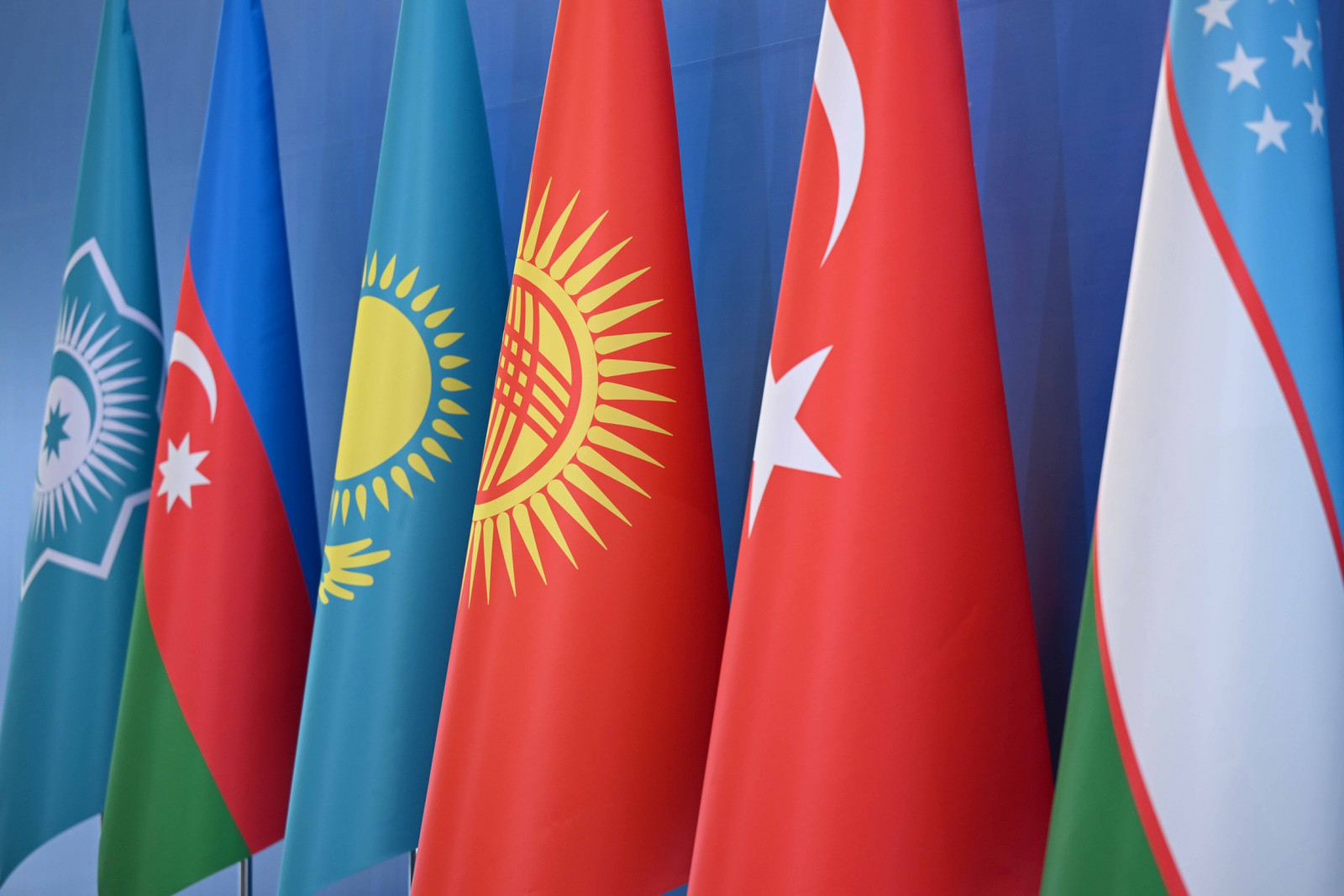By Ghana News
Copyright ghanamma

Ghana officially launched its National Artificial Intelligence Strategy in May 2025, positioning itself as “the AI Hub of Africa” as the continent’s artificial intelligence market prepares for explosive growth from $4.5 billion in 2025 to $16.5 billion by 2030.
The Ministry of Communication, Digital Technology and Innovations unveiled the comprehensive framework amid projections that Africa will experience the world’s fastest AI market expansion, with compound annual growth rates exceeding 25% through the decade’s end.
The strategy emphasizes ethical governance, data quality, cultural preservation, data protection, and inclusive AI adoption following international best practices. Government officials aim to transform multiple sectors while maintaining transparent oversight of AI deployment across public and private institutions.
Recent Mastercard research highlights Africa’s unique advantages in AI adoption, particularly mobile-first infrastructure and demographic dividends that position the continent for technological leapfrogging. Ghana’s established fintech ecosystem provides an ideal testing ground where mobile payment platforms serve as laboratories for machine learning integration.
Local financial technology companies are implementing neural network-based anomaly detection for high-volume payment platforms, while the central bank’s regulatory sandbox provides controlled testing environments for AI-powered innovations. Recent regulatory updates include provisions for Dedicated Electronic Money Issuers with enhanced oversight balancing innovation encouragement and consumer protection.
The Digital Ghana Agenda has created favorable infrastructure conditions through fiber-optic backbone expansions that enhance connectivity necessary for advanced algorithmic systems. This foundation supports Ghana’s ambition to capture significant market share within the projected continental AI boom.
Early agricultural applications demonstrate practical AI deployment beyond urban centers. Weather prediction systems, crop disease identification tools, and yield optimization algorithms particularly benefit cocoa farmers in Western and Ashanti regions, supporting Ghana’s position as a leading global cocoa producer.
Integration of AI with existing mobile money infrastructure enables smallholder farmers to access credit scoring services based on transaction history and agricultural data. This approach expands financial inclusion in rural areas while addressing development challenges through technological innovation.
Ghana faces intensifying regional competition as Nigeria, Kenya, and South Africa establish AI development programs. However, Ghana’s comprehensive multi-sector strategy differentiates it from competitors focusing primarily on urban fintech applications, encompassing agricultural, governmental, and financial services simultaneously.
Professional development components target civil servants, cybersecurity specialists, and data protection professionals. This human capital investment reflects lessons learned from successful global AI adoption models, emphasizing skills development alongside technological infrastructure expansion.
Banking sector transformation includes AI-powered credit scoring systems, risk assessment tools, and customer service automation. These developments coincide with ongoing fintech taxation policy discussions and broader digital economy regulatory framework development throughout Ghana’s financial services landscape.
Implementation challenges include rural internet connectivity limitations and power supply reliability issues that could impact service accessibility. High-speed internet costs present additional obstacles for small and medium enterprises seeking intelligent system integration beyond urban centers.
E-commerce platforms demonstrate successful AI deployment through inventory optimization and personalized marketing campaigns. These commercial applications showcase Ghana’s capacity for advanced AI integration across diverse economic sectors while maintaining competitive advantages in regional markets.
The comprehensive approach positions Ghana uniquely within West Africa’s technology investment landscape, creating opportunities for cross-border collaboration while establishing technological leadership. Unlike regional competitors, Ghana’s balanced framework addresses both innovation acceleration and ethical deployment concerns.
Industry analysts suggest Ghana’s systematic implementation could provide valuable insights for other West African nations developing AI strategies. The multi-sector approach and ethical framework may serve as models for responsible AI deployment across emerging markets seeking sustainable technological advancement.
Ghana’s positioning within the $16.5 billion African AI market expansion could generate substantial economic benefits while establishing continental leadership in artificial intelligence applications. The nation’s emphasis on inclusive adoption ensures benefits extend beyond urban technology centers to rural agricultural communities.
Success factors include continued infrastructure investment, regulatory clarity, and sustained human capital development programs. The strategy’s emphasis on cultural preservation addresses concerns about technological adoption potentially disrupting traditional practices while enabling economic modernization.
As implementation proceeds through 2025-2030, Ghana’s experience will demonstrate whether emerging markets can successfully balance rapid AI adoption with ethical governance and inclusive growth. The comprehensive strategy represents more than technological advancement—it signals transformation into a regional hub where traditional industries meet cutting-edge innovation.



